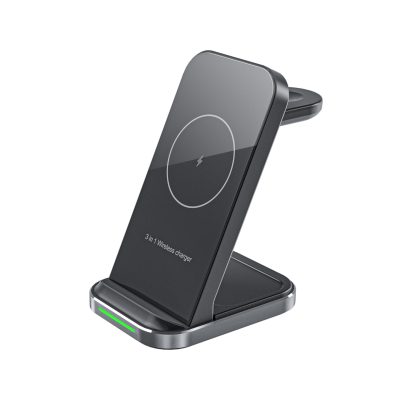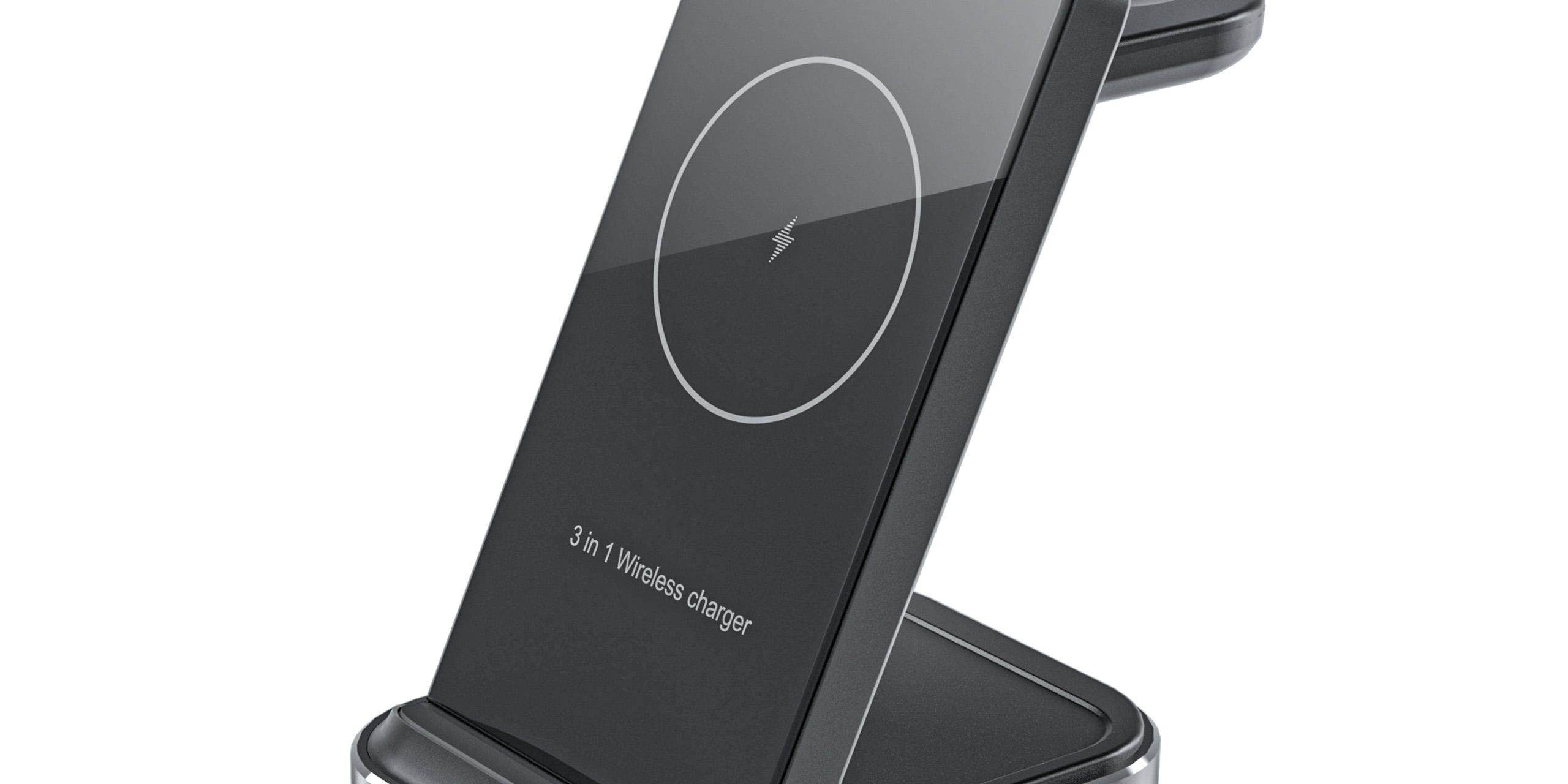When considering whether car wireless chargers are worth it, it’s important to weigh the pros and cons to determine if they fit your needs. Here’s a breakdown based on the provided search results:
Pros of Car Wireless Chargers
- Convenience: The primary advantage of wireless chargers is the ease of use. You simply park your car, and the charging begins automatically, eliminating the need to handle charging cables .
- Safety and Health Hazards Reduction: Wireless charging addresses safety concerns associated with wired charging, such as trip hazards and electrocution risks, since there’s no physical connection between the charging station and the vehicle .
- Flexibility: Wireless charging offers more flexibility in terms of where the vehicle’s battery can be charged, overcoming the inconvenience of finding the right cable or adapter .
- Potential Cost Savings: Over time, wireless charging could be less expensive than wired solutions due to the lack of physical connection technology required .
- Integration with Modern Infrastructure: Wireless charging pads can be more easily integrated into modern parking spaces and charging stations, potentially reducing maintenance costs compared to wired systems .
- Energy Efficiency: Wireless chargers for electric vehicles (EVs) can achieve efficiency levels of around 90%, which is comparable to many wired chargers .
- Simplicity in Public Charging: Wireless charging could simplify the installation and maintenance of public chargers, as embedding chargers into parking spaces might be more cost-effective in the long run .
Cons of Car Wireless Chargers
- Initial Cost: The infrastructure for wireless charging can be expensive initially, including the cost of installing charging pads and integrating the technology into vehicles .
- Slower Charging Speeds: Wireless charging is not as fast as rapid charging from public wired charging points. The fastest speeds for wireless charging are around 20kW, compared to 150kW or more from wired points .
- Efficiency Loss: While wireless charging is efficient, there is still some loss of efficiency during the energy transfer, although this is being improved with technological advancements .
- Standardization Issues: There are different technological standards for wireless charging, which can lead to compatibility issues between chargers and devices .
- Parking Precision: For optimal charging, vehicles need to be parked precisely over the wireless pad, which can be challenging and may lead to inefficiencies if not aligned correctly .
- Limited to Stationary Charging: Current wireless charging systems are primarily designed for stationary charging, which means they are not suitable for quick top-ups during long-distance travel like wired rapid chargers .
In conclusion, car wireless chargers offer a convenient and safe charging solution with the potential for long-term cost savings and energy efficiency. However, they currently come with higher initial costs, slower charging speeds, and require precise parking for optimal performance. As the technology matures and becomes more standardized, wireless chargers may become a dominant force in the EV charging infrastructure.









